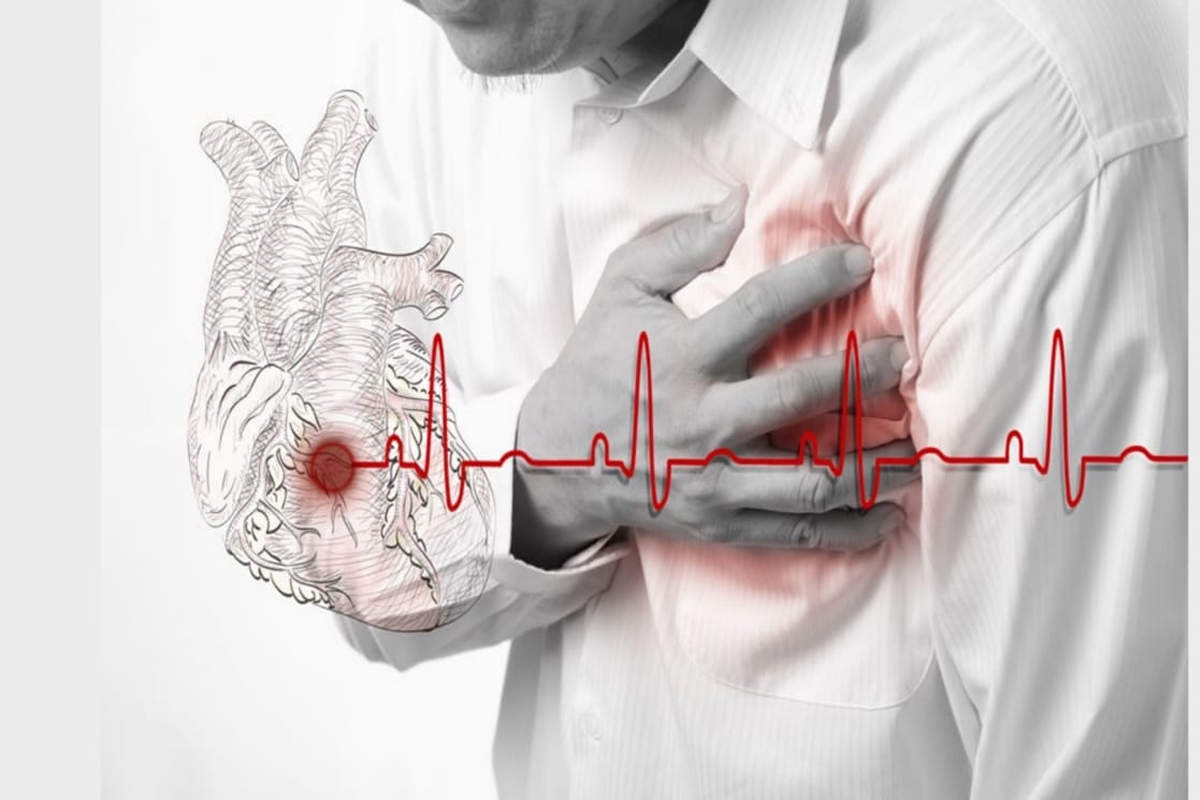
Preventing Heart Attacks in Cold Weather: Essential Tips for Winter
By Dr. Richa Agrawal in Cardiology Interventional Cardiology
Dec 12, 2024
As winter sets in and temperatures drop, the risk of heart attacks can increase significantly. Cold weather affects the body in various ways, leading to an elevated risk for individuals with heart disease or those at risk. Understanding these risks and taking preventive measures can help safeguard your heart health during the colder months.
Understanding the Risks
Cold weather can cause blood vessels to tighten, resulting in higher blood pressure and an increased heart rate. This added strain on the heart can trigger a heart attack, especially in individuals with pre-existing conditions. Additionally, winter often brings about lifestyle changes, such as decreased physical activity and unhealthy eating habits, further elevating the risk of cardiovascular events.
Essential Tips for Preventing Heart Attacks in Winter
- Dress Appropriately: Layering your clothing is essential. Wear thermal layers to retain body heat & don’t forget a warm hat, gloves & a scarf. Keeping your extremities warm helps maintain overall body temperature and reduces the strain on your heart.
- Stay Active: While it may be tempting to hibernate indoors, regular physical activity is crucial for heart health. Engage in indoor exercises, such as yoga, swimming, or using gym equipment. If you venture outside, consider walking at a brisk pace. Always perform a warm-up before engaging in physical activity in the cold.
- Monitor Blood Pressure: Cold weather can raise blood pressure. Monitor your blood pressure regularly, particularly if you have a history of hypertension. If your readings are consistently high, consult your healthcare provider for advice on managing it during winter.
- Eat Heart-Healthy Foods: Winter often brings a desire for comfort foods, which can be high in fats and sugars. Prioritize a heart-healthy diet filled with fruits, vegetables, whole grains & lean proteins. Foods rich in omega-3 fatty acids, such as fish, can also help protect your heart.
- Stay Hydrated: People tend to drink less water in winter, leading to dehydration. Dehydration can thicken the blood, increasing the risk of heart attack. Aim to drink plenty of fluids, and consider warm drinks like herbal teas to stay hydrated.
- Limit Alcohol Consumption: While a warm drink may seem comforting, excessive alcohol can lead to dehydration and increased blood pressure.
- Manage Stress: The winter months can bring seasonal affective disorder (SAD) and increased stress. Reduce stress by practicing relaxation techniques like deep breathing, meditation, or spending quality time with loved ones.
- Avoid Overexertion: Shoveling snow or performing other strenuous activities can be particularly risky. If you must do these tasks, take frequent breaks and avoid working in extremely cold conditions. If you have heart issues, consider hiring help for snow removal.
- Know the Signs of a Heart Attack: Familiarize yourself with the symptoms of a heart attack, which can include chest pain, shortness of breath, and discomfort in other areas of the upper body. If you or someone near you displays these symptoms, seek emergency medical help without delay.
- Stay Connected: Regularly check in with friends and family, particularly those who may be at higher risk for heart issues. Social support is essential for maintaining mental health and overall well-being, especially during the winter months.







